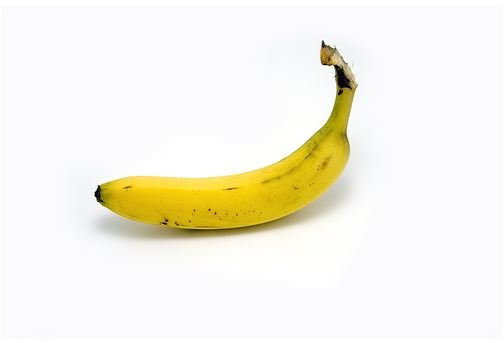Helpful Natural Remedies for Diverticulitis
Not uncommon in people who have a history of constipation or who have spent most of their lives eating a low-fiber diet, diverticulitis is the formation and subsequent infection and inflammation of small, round protrusions along the intestinal wall, called diverticula. These protrusions do not cause symptoms but once they become scraped or infected, possibly by hardened stool, they can cause fever, nausea, chills, and pain. If left alone an infection can spread beyond the intestine. Other more mild symptoms include bloating, cramping, and blood in the stool. Natural remedies for diverticulitis attempt to relieve symptoms by improving the state of the intestinal tract and preventing further constipation.
Diet Is Essential
Addressing your diet is the first step to treating diverticulitis naturally. First, eliminate or at least minimize foods that are difficult to digest and that contribute to hard stools such as dairy products, red meat, sugary foods, and processed foods. Also, hard fibers such as those found in nuts, seeds, and dense grains, which increase stool bulk but are not broken-down and digested once they reach the intestine, can be scaled back or eliminated, at least for awhile.
Drink plenty of fluids, including clean water and fresh fruit and vegetable juices. Make fiber a priority with a focus on softer high-fiber foods. Eat oatmeal, rice bran, bananas, sweet potatoes, prunes, carrots, and well-cooked beans.
Include cultured foods such as yogurt, miso, and kefir. They will increase and support beneficial bacteria in the gastrointestinal tract. Thriving intestinal flora is important for controlling diverticulitis.
While a high-fiber diet is not only safe, but beneficial, it is important to make sure you are not eating too much fiber and that you are getting enough protein from sources such as tofu and fish. During acute attacks a doctor may recommend a temporary low-fiber diet that includes very soft, easy to digest foods until the pain subsides.
Aloe Vera Juice for Inflammation
Aloe vera can be used to control the symptoms of diverticulitis. Aloe soothes inflamed tissue while also boosting immune health. Drink one-quarter to one-half cup of aloe vera juice twice a day for healing relief. Mix with a juice or herbal tea if desired. Do not take aloe vera internally if you are pregnant or breastfeeding.
Other herbal remedies which will treat the inflammation and pain include slippery elm tea and fenugreek tea. Steep two teaspoons of the dried herbs in one cup of boiled water for ten minutes. Drink one to three cups daily.
Supplement with Alfalfa
Rich in vitamin K and chlorophyll, adding alfalfa to the diet can help to control diverticulitis. Vitamin K deficiencies are linked to intestinal disorders. Chlorophyll will help to cleanse the body of toxins and aid the healing process. Alfalfa is safe for general use.
Hot Ginger Compresses for Relief
You can also use a hot ginger compress to stimulate the intestines. Make a tea with two teaspoons of dried ginger infused in one cup of boiled water. Soak a clean cloth in the infusion and then apply to the abdomen and lower back. This can be done daily.
These natural remedies for diverticulitis cannot get rid of the growths on the intestinal wall, but they can control this condition and deal with an infection or inflammation.
References
Balch, Phyllis A. " Prescription for Nutritional Healing." Fourth Edition (Penguin Books, 2006).
Page, Linda. “Healthy Healing: A Guide to Self-Healing for Everyone.” Eleventh Edition (Traditional Wisdom, 2003).
photo by Jason Gulledge (CC/flickr)
Disclaimer
Please read this disclaimer regarding the information contained within this article.
